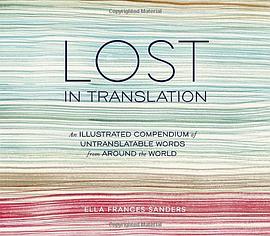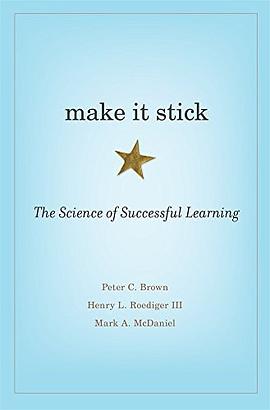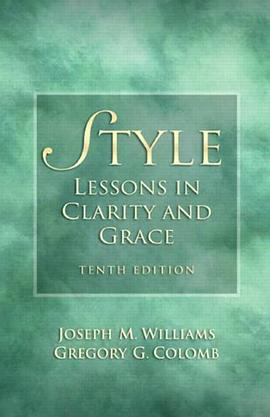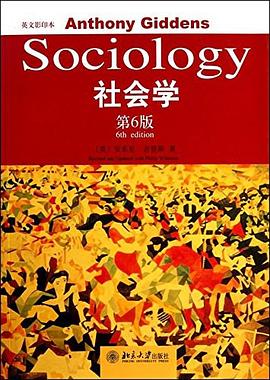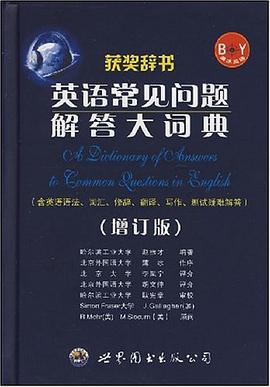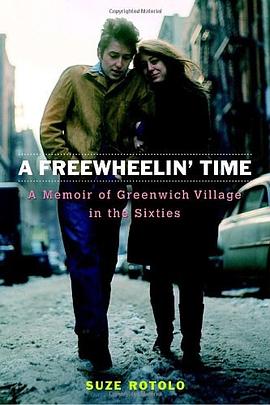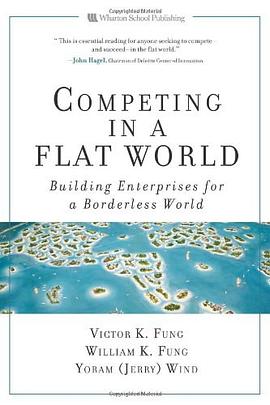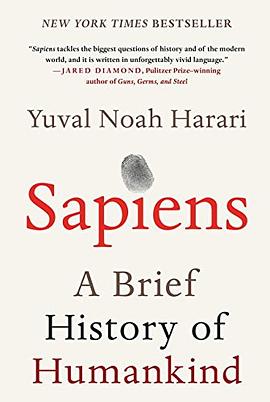

具体描述
From a renowned historian comes a groundbreaking narrative of humanity’s creation and evolution—a #1 international bestseller—that explores the ways in which biology and history have defined us and enhanced our understanding of what it means to be “human.”
One hundred thousand years ago, at least six different species of humans inhabited Earth. Yet today there is only one—homo sapiens. What happened to the others? And what may happen to us?
Most books about the history of humanity pursue either a historical or a biological approach, but Dr. Yuval Noah Harari breaks the mold with this highly original book that begins about 70,000 years ago with the appearance of modern cognition. From examining the role evolving humans have played in the global ecosystem to charting the rise of empires, Sapiens integrates history and science to reconsider accepted narratives, connect past developments with contemporary concerns, and examine specific events within the context of larger ideas.
Dr. Harari also compels us to look ahead, because over the last few decades humans have begun to bend laws of natural selection that have governed life for the past four billion years. We are acquiring the ability to design not only the world around us, but also ourselves. Where is this leading us, and what do we want to become?
Featuring 27 photographs, 6 maps, and 25 illustrations/diagrams, this provocative and insightful work is sure to spark debate and is essential reading for aficionados of Jared Diamond, James Gleick, Matt Ridley, Robert Wright, and Sharon Moalem
作者简介
Dr. Yuval Noah Harari lectures at the Department of History, the Hebrew University of Jerusalem.
He originally specialized in medieval history and military history, completing his D.Phil. at the University of Oxford (Jesus College) in 2002, and publishing numerous books and articles, including Special Operations in the Age of Chivalry, 1100-1550; The Ultimate Experience: Battlefield Revelations and the Making of Modern War Culture, 1450-2000; “The Concept of ‘Decisive Battles’ in World History”; and “Armchairs, Coffee and Authority: Eye-witnesses and Flesh-witnesses Speak about War, 1100-2000”.
He now specializes in World History and macro-historical processes. His most recent book is titled From Animals into Gods: A Brief History of Humankind (originally published in Hebrew under the title A Brief History of Mankind, and now being translated into English and German). The book surveys the entire length of human history, from the evolution of Homo sapiens in Pleistocene East Africa up to the political and technological revolutions of the 21st-century.
The Hebrew edition has become a bestseller in Israel. It has generated much interest both in the academic community and among the general public, and has turned Harari into an instant celebrity. YouTube Video clips of Harari’s lectures on the history of the world have been viewed by tens of thousands of Israelis; and he is currently writing a two-weekly column for Ha’aretz magazine. He is also currently giving an online free course with the same title.
目录信息
读后感
《人类简史》是本很火的书,火到国内市场还出现仿冒作了。但是在本右派看来,这不过说明,学院左派分子依然死不悔改。换了一套术语,其实换汤不换药。 在评论或者说批评此书之前,我先大概介绍一些老左派分子和新左派分子们的区别。 老左派分子,就是马大胡子开始的。他们...
评分以“人类”全体作为考察对象的历史著述,以前也不是没有,不过往往还是受其学科分野限制,要么是讲述人从猿类一路走来的“生物进化史”,要么是关于人类自身组织发展的“社会史”或“文明史”。然而像本书作者赫拉利这样,从智人诞生一路侃到科学革命的,以前倒真没怎么见过。...
评分孟子主张性善论,三字经也有这样的句子,“人之初,性本善”。而当我看完《人类简史》之后,对人 “善”的观点瞬间破灭。 作者尤瓦尔•赫拉利,青年的历史学家。《人类简史》他用简单的语言、真实的历史实例,写出了复杂、难懂又枯燥的人类史。本书讲述了人类对世界...
评分人从哪里来?要到哪里去?这是古今中外哲学家们契而不舍思索的问题。从神创论到达尔文演化论,对第一个问题的解答似已尘埃落定,如今大部分人相信人从猴子演变而来,一小部分人仍坚信人是上帝(神)的独特创造。第二个问题的答案却随着人类社会几何速度的变化发展越发扑朔迷...
评分用户评价
真是脑洞大开,包罗万象,你想得到的想不到的,跟人类扯得上关系的,都串联并联到一起了,厉害了我的作者。只是有些部分真的有点无聊啊。内容太多,每位读者的感受肯定都不同,给我印象最深的反而是接近末尾讲到happiness的一段,身外之物带不来额外的开心,大概就是这个意思。
评分真是脑洞大开,包罗万象,你想得到的想不到的,跟人类扯得上关系的,都串联并联到一起了,厉害了我的作者。只是有些部分真的有点无聊啊。内容太多,每位读者的感受肯定都不同,给我印象最深的反而是接近末尾讲到happiness的一段,身外之物带不来额外的开心,大概就是这个意思。
评分还算挺好读的
评分上帝视角看人类演化史... 仔细想想,生活在人类命运的拐角处,也是件让人兴奋的事情呢
评分准确的说,是听完的......人生中第一部听完的大部头书。就内容本身来说,后半部分,特别是结尾有点掉链子。其他的,当作不同思路来参考也可以,并不必事事同意他的观点。猪肉照吃,牛奶照喝。
相关图书
本站所有内容均为互联网搜索引擎提供的公开搜索信息,本站不存储任何数据与内容,任何内容与数据均与本站无关,如有需要请联系相关搜索引擎包括但不限于百度,google,bing,sogou 等
© 2025 book.quotespace.org All Rights Reserved. 小美书屋 版权所有

